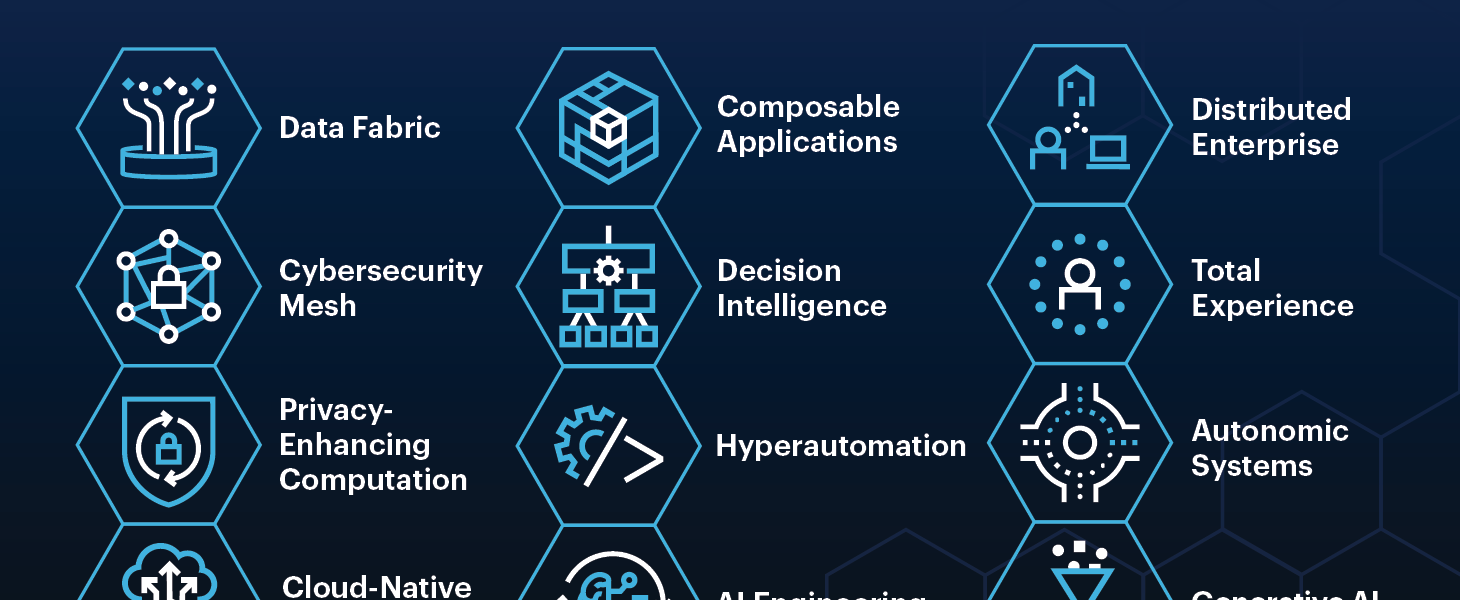
Tech Trends Shaping the Future of Business
In today’s fast-paced world, technology has become an integral part of our daily lives. It has also revolutionized the way businesses operate, offering endless possibilities for growth and innovation. As we move into the future, certain tech trends are poised to shape the way businesses operate. In this article, we will explore these trends and their potential impact on the future of business.
1. Artificial Intelligence (AI) and Machine Learning:
AI and machine learning are rapidly transforming the business landscape. These technologies enable computers to learn and adapt, making them capable of making smarter decisions and improving processes. From chatbots providing efficient customer service to predictive analytics aiding in predictive maintenance, AI and machine learning are revolutionizing various aspects of business operations.
2. Internet of Things (IoT):
The Internet of Things refers to the connection of everyday objects to the internet, allowing them to send and receive data. This technology has immense potential in businesses, as it enables seamless communication between devices, providing valuable insights and automating processes. IoT applications range from smart sensors for inventory management to connected machinery in manufacturing, making operations more efficient and cost-effective.
3. Blockchain Technology:
Blockchain technology is not limited to cryptocurrencies; it has the potential to transform various industries by creating secure, transparent, and decentralized systems. In business, blockchain can streamline supply chain management, increase data integrity, and enhance cybersecurity. With its distributed ledger system, blockchain eliminates the need for intermediaries, reducing costs and increasing trust between different stakeholders.
4. Cloud Computing:
Cloud computing has become the backbone of modern businesses. It allows organizations to store and access data and applications over the internet instead of relying on physical servers. This technology offers scalability, flexibility, and cost-effectiveness. With cloud computing, businesses can easily share information, collaborate in real-time, and scale their operations without significant infrastructure investments.
5. Virtual and Augmented Reality:
Virtual and augmented reality technologies are no longer confined to gaming and entertainment. They hold great potential for transforming businesses, particularly in areas such as training, marketing, and customer experience. Virtual reality can recreate realistic training environments, while augmented reality can enhance customer interactions, create immersive shopping experiences, and improve product visualization.
6. Cybersecurity:
As technology advances, the threat of cyberattacks becomes increasingly prominent. Businesses must prioritize cybersecurity to protect sensitive data and customer information. Investing in robust cybersecurity measures, including encryption, multi-factor authentication, and intrusion detection systems, is crucial to safeguarding business operations and maintaining customer trust.
Conclusion:
The future of business is undoubtedly intertwined with technology. Embracing these tech trends can help businesses stay competitive, optimize operations, and unleash new opportunities. However, it’s essential to remember that technology is ever-evolving, and keeping up with the latest advancements is vital. By harnessing the power of artificial intelligence, the Internet of Things, blockchain technology, cloud computing, virtual and augmented reality, and prioritizing cybersecurity, businesses can navigate the tech-driven future successfully. Adaptability, innovation, and a forward-thinking approach will be key to staying ahead in the rapidly changing business landscape.



